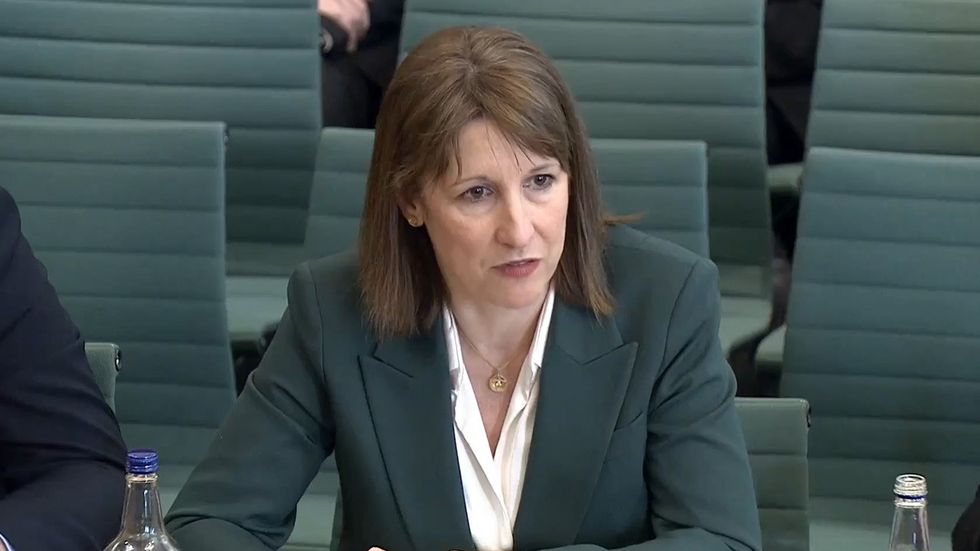Australia’s plan to double pension tax rates to 30 per cent on investment returns for large pension pots could be adopted in Britain, experts have warned.
Under new rules put forward by Australia’s Government, 80,000 savers would be forced to start handing a third of their investment returns to the tax office.
Martin Willis, of consultancy Barnett Waddingham, said it would provide the Government with quick access to revenue. Standard Life’s Mike Ambery said all options were “on the table” for UK pension policy changes.
Australian pension savers currently pay 15 per cent tax on any pension investment returns once their pot exceeds $3million (£1.4million). The country’s Labor Government, led by Prime Minister Anthony Albanese, is now aiming to double the rate to 30 per cent.
The policy would require people to pay higher amounts of tax on “paper returns”, where they have to physically pay a bill for investment gains they have not received in cash.
Any losses are offset against future years, but previous payments are not refunded.

UK pension savers warned they could face fresh tax hit
GETTY
When approached by The Telegraph, the UK Government refused to rule out bringing the policy to Britain.
This would add to a series of pension tax raids on farmers, business owners and grieving families already implemented by Labour.
The move will raise $2.7billion (£1.3billion) in its first year alone.
Australian opposition leader Peter Dutton branded it a “quasi-inheritance tax” before the country went to the polls last month.
Critics have warned that as many Australians hold assets like farms and small businesses in their pension schemes, cashflow shortages might force some owners to sell if they couldn’t meet their increased tax bills.
LATEST DEVELOPMENTS:
Willis explained the Government’s interest in Australian pension policies: “The Government is definitely looking to Australia and what it’s done with its pensions, so they’ll definitely look at this.
“Although the UK Government gets to tax pension savings on the way out, this would allow them quicker access to the additional revenue.”
He added: “With that said, there are other options that would be more dramatic to reduce tax relief on the way in.
“I would not be surprised in the coming years to see something done on higher rate tax relief or National Insurance.”
Ambery said: “All options are on the table. The UK looks at Australia as one comparison for pension policy, but we do things our own way.
“It would be logical as part of a changing environment on the pension landscape to consider this as an option.”
The move could be seen as a replacement for the abolished lifetime allowance, which was removed by former Chancellor Jeremy Hunt.
 Pension crisis looms as millions risk poverty in retirementGETTY
Pension crisis looms as millions risk poverty in retirementGETTY
In the UK, pension investment returns are currently tax-free. But the Treasury did not rule out the move when approached, and two experts said that it would be considered.
Willis said: “The Government is looking at this because they probably would like to reduce what they’re spending on tax relief. It’s a lot of money.”
Ambery also noted: “Tax relief and wealth distribution are highly emotive, but critical considerations economically and politically.”
Deputy Prime Minister Angela Rayner called for the lifetime allowance to be reintroduced in a memo leaked last week. The tax charge on large pensions was previously removed by Hunt.
The Australian policy affects pension pots over £1.4million, a threshold that could impact wealthy UK savers if similar measures were introduced in Britain.

The UK Government refused to rule out bringing the policy to Britain
Parliament TV
Savers in the UK have already been left reeling by changes made to pensions during Labour’s first year in power.
In her maiden Budget, Rachel Reeves introduced a £1million cap on agricultural property relief and business property relief, meaning inheritance tax will be charged at 20 per cent on assets over £1million from April next year.
Pensions will also be considered for inheritance tax purposes from 2027, decimating some people’s death planning and leaving their grieving families facing tax bills of up to 90 per cent.
The Government has also confirmed that the upcoming Pension Schemes Bill will give pension funds the power to force funds to invest in British assets. Conservative MPs described this as a “stealth tax” and an “extraordinary overreach”.
Last week, HMRC released research confirming it had examined plans to raid income tax and National Insurance relief on salary sacrifice schemes, costing the average earner more than £500 a year.









